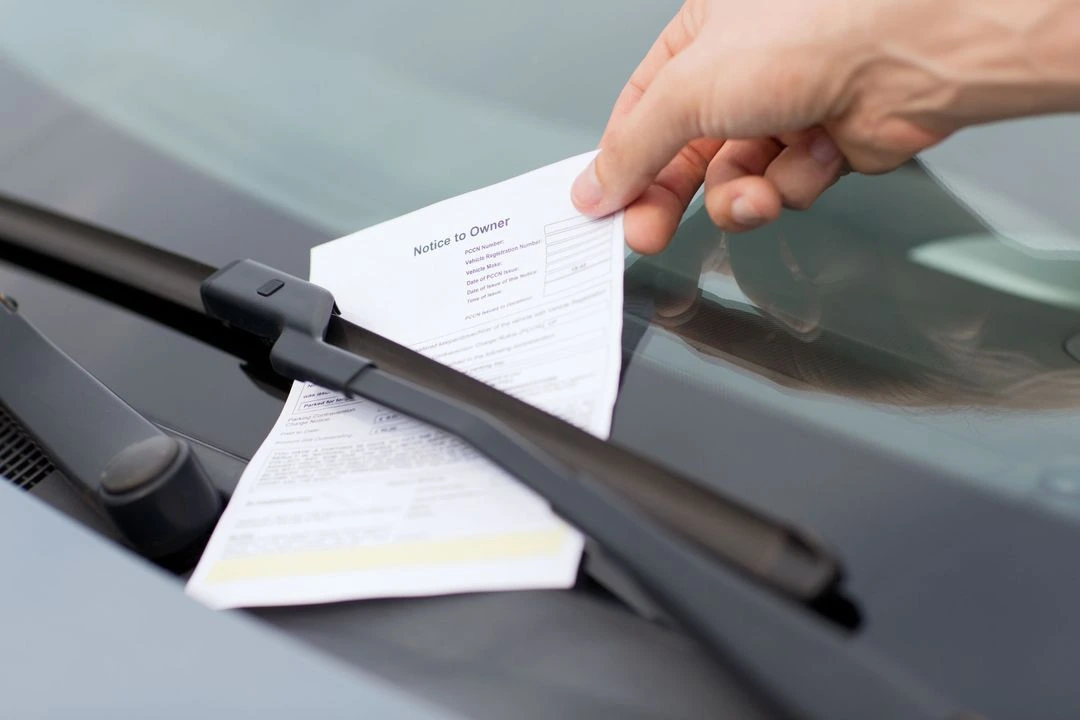
Navigating Parking Tickets in Ontario: Fines, Infractions, and Your Options
Parking infractions can range from minor inconveniences to significant financial penalties, and it’s important to know how to handle them properly. In this post, we will explore various parking infractions, the associated fines, and your options for dealing with parking tickets in Ontario.
At Best Buy Insurance, we believe in ensuring that our clients have all the information they need to make informed decisions about their insurance and financial well-being. One area where knowledge can make a significant difference is understanding what happens if you receive a parking ticket in Ontario.
Common Parking Infractions and Fines in Ontario
Ontario has clear regulations regarding parking, and violations can result in fines. Common parking infractions and the associated fines:
- Parking in front of a fire hydrant: Parking within three meters (approximately 10 feet) of a fire hydrant can result in a fine of up to $100.
- Parking too far from the curb: Parking more than 30 centimeters (approximately one foot) from the curb can result in a fine of up to $30.
- Blocking snow removal routes: Parking in a way that obstructs snow removal routes or snow plowing efforts can result in a fine of up to $150.
- Parking overnight where not permitted: Some municipalities in Ontario have restrictions on overnight parking on public streets. Fines for overnight parking violations can vary by location but often range from $20 to $100.
- Parking in a designated accessible parking space without a permit: This is a serious offense that can result in a fine of up to $450.
- Parking in a no-parking zone: Fines for parking in a no-parking zone can vary depending on the specific location and regulations but often range from $30 to $100.
Please note that these fines are subject to change. Consult your local municipality or the Ontario Ministry of Transportation for the most up-to-date information on parking fines.
What Happens If You Don’t Pay a Parking Ticket in Ontario
Failing to pay a parking ticket in Ontario can lead to several consequences, including:
- Increased fines: Most parking tickets offer a discount for early payment. If you don’t pay the ticket promptly, the fine may increase, making it costlier to settle.
- License plate denial: If you have unpaid parking fines, the Ontario Ministry of Transportation can deny your vehicle’s license plate renewal. This means you won’t be able to renew your plates until all outstanding fines are settled.
- Collection agency involvement: Unpaid parking fines may be sent to a collection agency, which can negatively affect your credit rating and result in additional fees.
- Legal action: In some cases, municipalities or issuing authorities may take legal action to recover unpaid fines. This could involve court proceedings and additional costs.
Contesting a Parking Ticket
If you believe you’ve received a parking ticket unfairly, you have the right to contest it. Here are the steps to contesting a parking ticket in Ontario:
1. Review the Ticket
- Carefully examine the ticket to ensure its accuracy. Check for errors in your vehicle’s information, the location, and the date and time of the alleged violation.
2. Gather Evidence
- Collect evidence that supports your case. This may include photographs, witness statements, or any relevant documents that prove your innocence or provide context for the violation.
3. Contact the Issuing Authority
- Contact the issuing authority listed on the ticket to inquire about the process for contesting the ticket. This may involve requesting a review or a hearing.
4. Attend a Hearing
- If a hearing is required, be prepared to present your case and any evidence you’ve collected. It’s essential to be punctual and dress appropriately.
Options for Reducing Fines or Penalties
In some cases, you may have the option to reduce the fines or penalties associated with a parking ticket:
- Early payment: Many parking tickets offer a discount if you pay the fine promptly. Be sure to take advantage of this option if available.
- Community service: Some municipalities offer the option to perform community service in lieu of paying fines. This can be a way to settle your debt while contributing positively to your community.
- Payment plans: If you’re unable to pay the fine in full, inquire about the possibility of setting up a payment plan to make manageable monthly payments.
Conclusion
Understanding parking regulations and fines is essential for responsible vehicle ownership. Parking infractions, if not addressed promptly, can result in increased fines, license plate denial, collection agency involvement, and even legal action. Knowing your options for contesting or reducing fines can help you navigate these situations effectively.
Parking regulations and fines can change. For the most current information on parking fines and regulations in Ontario, consult your local municipality or the Ontario Ministry of Transportation.
References:
- Ontario Ministry of Transportation. (2021). Pay a Provincial Offences Act fine. https://www.ontario.ca/page/pay-provincial-offences-act-fine
